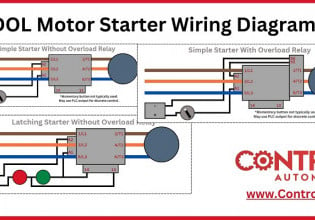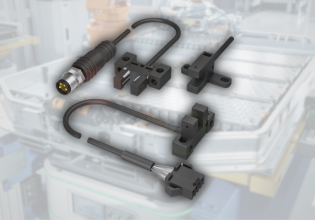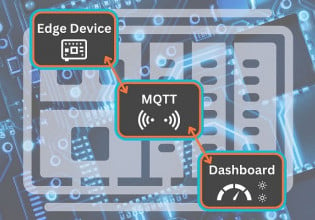Comau and LiNa to Scale up Efficient Automated Battery Cell Production
Comau and LiNa announced the joint development of a unique design concept, focusing on creating a sustainable manufacturing environment to produce next-gen solid-state battery cells.
Drawing from extensive industrial automation and robotics expertise, Comau has partnered with solid-state battery technology expert, LiNa Energy (LiNa), to produce a ‘technology roadmap,’ intended to improve the sustainability and production output of the latter company’s patented battery technology.
The jointly researched and now finalized design concept includes suggestions from Comau for improving LiNa’s process dynamics, the integration of its Racer-5 SENSITIVE ENVIRONMENTS (SE) robots, and the authorization of a secure, efficient, and sustainable zero-oxygen, dry-box environment.

Comau and LiNa work together to implement a unique manufacturing design concept, one that promotes sustainable and automated processes for SSB production. Image used courtesy of Comau
The Need for Alternate Battery Tech
As the world progresses into the era of electrification and digitalization, the need for less costly, more efficient, and readily available resources has grown. The industry standard lithium-ion battery (Li-ion) has been a staple for some time. It is used throughout the world today, in laptops, medical equipment, cameras, and electrical vehicles, for instance.
However, Li-ions have their drawbacks, including cost, the volatility of their internal chemistry, and geopolitical tensions concerning sourcing lithium. According to BloombergNEF, China has the lowest average cost per kilowatt-hour (kWh) by region of any country in the area for battery packs at $126 per kWh. By contrast, packs in the US cost 11% more, while in Europe, the price went up by 20%. These increased costs can be attributed to the relatively early stage of development in these markets, elevated production expenses, lower production volumes, and the wide array of applications.
Countries like the U.S. are moving toward alternative technologies, such as solid-state sodium chloride (NaCl), to tackle some of these challenges and improve supply chain resiliency.
Technologies such as LiNa’s solid-state (SS) sodium-metal-chloride battery cells provide an attractive alternative to Li-ions. The batteries do not use lithium or cobalt, which are toxic to living organisms and the environment. The abundance of chlorine and sodium across the globe alleviates some of the pressure attributed to geopolitical dependencies surrounding the sourcing of lithium. SSB technologies do not employ liquid electrolytes as in LiBs, which are prone to volatility when exposed to high temperatures. SSBs also exhibit a higher energy density and greater durability than LiBs and are less costly and lighter.
Comau’s Racer-5 SE Robots
As a part of the concept design, Comau will integrate its grade 6 ISO Cleanroom-certificated, 5 kg payload Racer-5 SE articulated robots. While able to operate at high speeds to maximize productivity, the Racer-5 SE also features a streamlined design and comes in two configurations (with respective reaches of 630 mm and 809 mm). Applications include pick-and-place handling of pharmaceuticals, food and beverage facility products, and the movement of sensitive battery parts.
An overview of the cleanroom-certified Racer-5 SE robot from Comau. Video used courtesy of Comau
The robot features an ingress protection rating of IP67 which applies to all mountable positions (tabletop, ceiling, wall, and/or inclined). An IP67 rating means the Racer-5 SE is protected against dust ingress over an extended period and water under pressurized conditions between 15cm to 1m.
Towards Large-scale Production
Both Comau and LiNa share a vision for a greener future. Commercializing its cost-saving SSB technology and improving production efficiency allows LiNa to meet energy storage demand for growing solar markets, including India. Comau is helping LiNa make this technology accessible and smooth its transition to sustainable, large-scale manufacturing.






